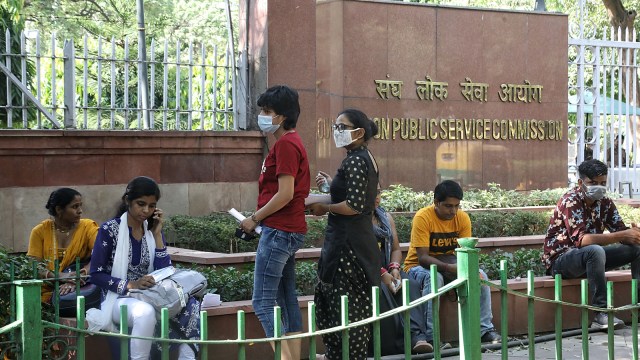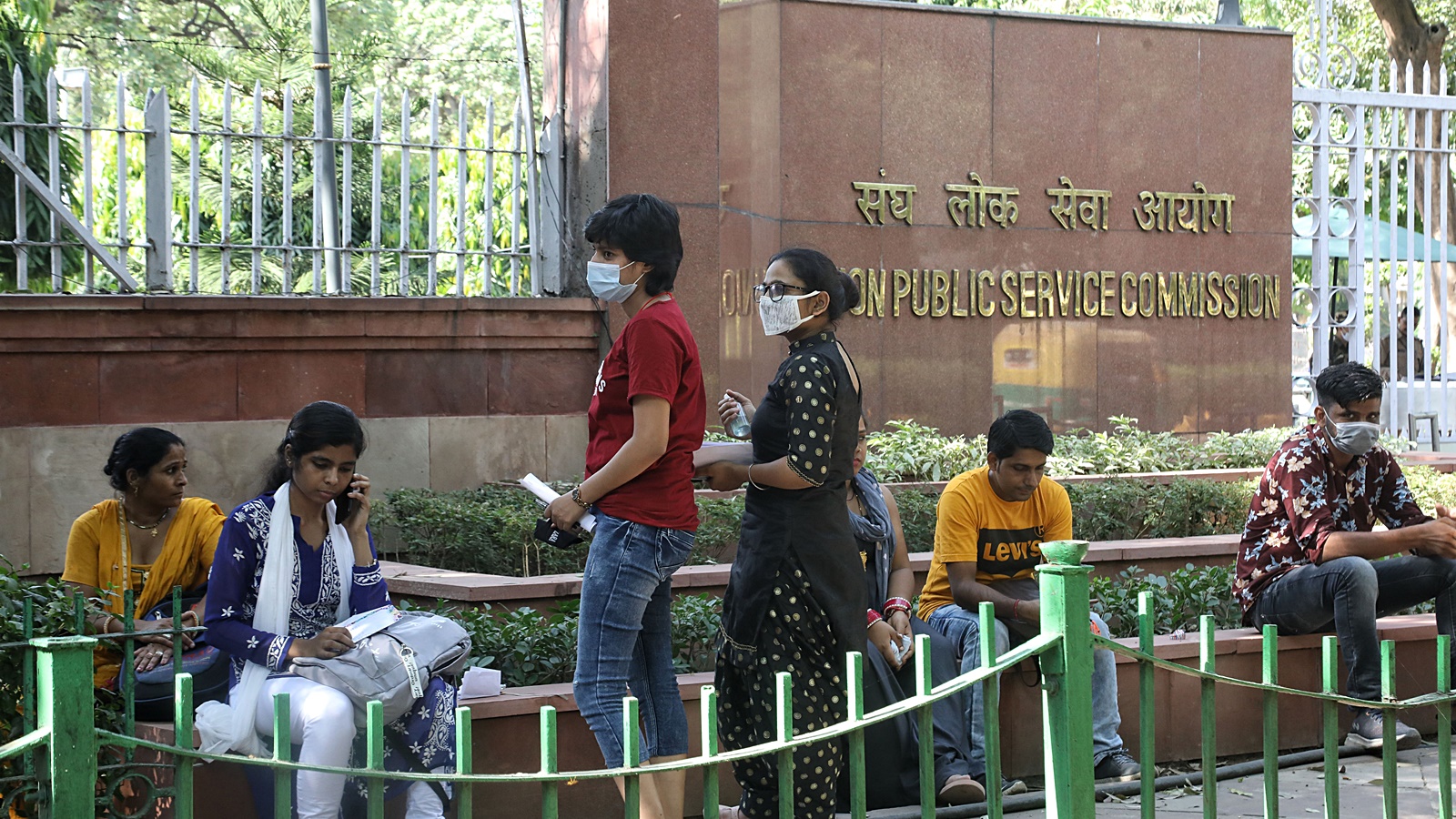
There was a time when I was frequently invited to address trainee IAS officers in the Mussoorie Academy and other institutions where young civil servants are groomed.
Among the things that I passionately advocated, two were my favourite: First, all that had been achieved by clearing one of the toughest and most competitive examinations was the responsibility of rendering public service. The second, which was the most effective, was that they should always remember that they were the products of a fair system, which should constantly impel them to be fair to the citizens they would deal with while serving in any department. This argument, made by me on the strength of 40 years of experience as a public servant, was the most impactful and persuasive. Ever since the eruption of the unseemly controversy surrounding the Union Public Service Commission (UPSC), I have been wondering if I could say this any longer with equal conviction and force.
No newly recruited officer ever questioned my contention, except on one occasion when the dissenter told me that he didn’t feel the selection criteria for the civil services were “just”. Without entering into a debate on this complex topic, I told him that I referred to the UPSC selection process as “fair” because it has seldom been questioned, and even if it was, the UPSC defended itself well and remained untarnished. That, indeed, had been the reputation of this constitutional body which was responsible for selecting officers for the All-India civil services, most central government departments, in defence and paramilitary forces.
Apart from the sound systems that the UPSC diligently followed, the central government, too, treated it with the deference that such an august, autonomous institution deserved. I remember, in 2009, when I was in the Home Ministry, we came across a matter pertaining to the recruitment rules of one of the central police organisations that was pending between the Ministry of Home Affairs (MHA), Department of Personnel & Training (DoPT) and UPSC for many years. When the matter was brought before the then-home minister, he was visibly upset and wanted to have a meeting with the chairman, UPSC, immediately in his North Block office. His staff calmly looked for precedents and told him that they were not aware of any instance when the chairman was summoned for any meeting by any minister. On the other hand, there was an instance of India’s first Prime Minister visiting the UPSC when he wanted to meet the chairman as it would lower the dignity of the office of the latter if he was asked to attend a meeting with the government, a client of the UPSC.
We have come a long way, and downhill, since then. All governments are known to appoint UPSC members of their choice — call them “favourites” if you please — but care was generally taken that they were men and women of proven integrity and not linked to any controversy. All of them, irrespective of the stream they were drawn from, played their part professionally, given that no complaint against any member has ever caught the limelight nor has any controversy pushed the UPSC into an indefensible position. By and large, nobody carried the impression that the government of the day was pushing an agenda.
There were no known attempts on the part of the government to subdue the Commission or fiddle with the status of its members till a few years ago when the government altered the equivalence between UPSC members and Supreme Court (SC) judges in an unexpected move. It attempted to explain this away by stating that it wanted to establish parity between all such institutions where retired bureaucrats were appointed as they did not possess the special traits and calibre required to be an SC judge. The argument that the UPSC was a constitutional body that should not be likened to statutory organisations like the Tribunals or Regulatory Commissions did not cut ice with the government.
Recently, it similarly tried to meddle with the equivalence of the Election Commissioners in vain. One must understand the psyche of a system that treats equivalence as an issue, especially when it has not devoted itself to bringing about substantive reforms in the functioning of these bodies.
The recent episode of the alleged misuse of statutory provisions by individuals has left UPSC facing the flak, perhaps not totally justifiably. The UPSC is neither equipped nor mandated to scrutinise the apparently legal documents submitted to it unless there are noticeable inconsistencies, just as during elections the Returning Officer is not meant or empowered to scrutinise the affidavit or other documents pertaining to income or criminal antecedents of the candidates. The integrity of the process depends as much on the vigil by the statutory authority as on the rectitude of the candidates. The argument that candidates are obsessed about joining the civil services or are under unbearable pressure to pass competitive exams in an opportunity-starved market would be an amoral condonation.
It is the government’s duty to find people who will run the system in public interest as per constitutional principles and statutory requirements. But the line between favouring someone and appointing favourites is a bit slippery. Civil servants, defence officers, diplomats, and academics distinguish themselves while in active service and their competence might be recognised by the establishment. But are they committed to building the institution they are appointed to serve or driven by the desire to display their loyalty to those who appointed them?
It is worrying that an Election Commissioner resigns before the elections, the chairman of the UPSC quits as a controversy erupts and the chairman of the National Testing Agency departs leaving behind a mess involving the future of millions of students and the credibility of the organisation. The pity is that none of these controversies came to the fore because of an alert system or conscientious individuals. It is the overconfidence of the nefarious, the overreach of a devious mind that proved to be the undoing. The woman who allegedly feigned disability and faked certificates would have seeped into the system smoothly but for her own ambitious abnormality. Her demanding a few perks was trivial egotism; her gaming the system was diabolic. Evil has a way of destroying itself, sometimes the only force it encounters is its own uncontrolled impulse because the forces of goodness are either weak, passive or disunited.
A testing time for the testing agencies and their untested moral fibre.
The writer is a former Election Commissioner
© The Indian Express Pvt Ltd
First uploaded on: 25-07-2024 at 10:59 IST



